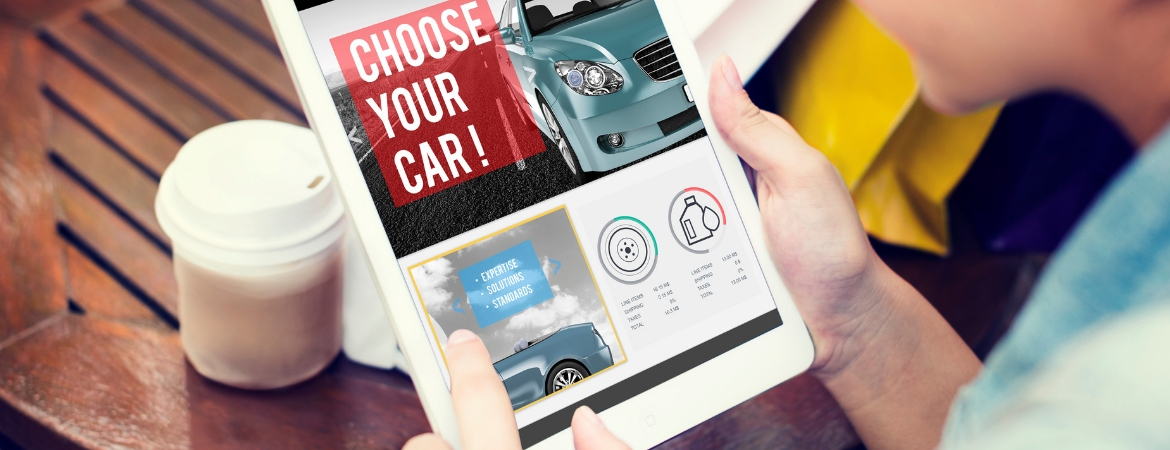
If you have your full emergency fund in place, it'll cover any costs you have if the car breaks or has problems. That is actually one of the beauties of buying a two-year or older paid-for car; it has a lot of the kinks worked out of it. 2 are better than 1. If you need support when going to buy a car, take a friend or family member who can help you keep your head. Your friend can also help you to remember details about the car that the seller tells you, which can help you make your decision. Unless you're filthy rich, you cannot afford a new car! New cars drop in value like a bag of rocks! A new car loses 60% of its value in the first 4 years. Save up money and pay cash for a used car. It's much easier to save $400 a month (the average car payment) for 10 months and buy a used car than to sign up for a payment plan and pay thousands of extra dollars for several years! Remember, the purpose of a vehicle is to get you from A to B. When you are working, playing with your children or helping a friend, you are not thinking to yourself, "Man, I am so happy since I have a new car. Life is beautiful!" The key to happiness is not a new car, so don't pay for it like it is! Here we come to an advantage of buying used: since the car has already been on the market for a few years, you can read up online about how reliable it is. One of the best places to check on this is car owner forums. Look for posts talking about certain reoccurring problems. You'll often find that certain issues will keep cropping up for certain model years. You might even consider posting yourself, and asking what the common problems are with the model you're considering. You can get a lot of valuable, first-hand information about a car this way. 2. Has This Model Had Any Recalls? Recalls in themselves aren't a bad thing (they mean the problem actually got fixed), but you need to know about these to see if the seller has been keeping up with the recalls. Be sure to ask for paperwork verifying that the stated repair has been performed. Some recalls left unfixed might be OK, but if they're serious, be sure that they have been resolved before you buy. 3. How Is This Model Priced? Knowing that a used car is fairly priced is key to getting a good deal. Look up the Kelly Blue Book value online to get a good baseline estimate. Take things a step further by looking at as many used car listings for your model as you possibly can, ensuring that you understand what the pricing looks like in the real world. You can this use this knowledge of pricing as leverage during the negotiations process of buying a used car. Buy utilizing these facts, you can ensure that you understand your car model well enough to make an informed decision when buying on the used market. Since knowledge is power when buying a used car, the more you have, the better. Thanks for reading, and good luck with your used car search. In order to find out of the amount of a vehicle, go ahead and use NADA or Kelly Glowing blue Publication. In the event the dealer attempts to get additional than what these options say, leave. Each and every salesman which you experience could have an alternative individuality. Despite the fact that auto sales representatives are renowned for employing high-pressure strategies, these methods are losing performance. An increasing number of car dealerships now realize that if they do not drive buyers, the customers will probably be happier and can get back to provide them with a lot more business. Tend not to think twice to walk far from an overbearing salesman. You can actually get a more sympathetic salesperson. Mileage and fuel overall economy needs to be important factors when shopping for a fresh vehicle. It can be more expensive to acquire a gasoline efficient auto, but you'll save more after a while. Consider this when you're thinking of getting a brand new automobile and think about your financial budget long lasting as well. Over excessive shipping charges when not added until the end of the checkout process can ultimately make a shopper abandon the purchase. As Baymard Institute's study states, around 61 per cent of users who abandon their cart do so because of shipping costs being too high. It's better not to disappoint the shopper with unexpected shipping prices, but rather inform the shopper up-front, or at the beginning of the checkout process, what the delivery charges will be. I love sites with buggy checkouts' said no one ever. All technology include mobile apps is susceptible to technical issues and glitches. Give your customers great shopping experience by monitoring your mobile analytics and do regular reviews of the checkout process to ensure there are no show-stopping bugs. Also, ensure that the code of your app is optimized so there are no long load times. There are many things to consider when designing a shopping navigation experience. Most of these are standard UX considerations, but there are going to be mobile-specific design considerations too. Are you going to integrate your mobile site with your current offering? Will you use a responsive or adaptive design? A lot of this will boil down to context. But the bottom line remains the same - The more clicks customers have to go through, the more likely they are to desert your shopping app before completing a purchase. In the end, remember that you can only minimize the rate of shopping cart abandonment. Not every user who comes to your site will convert into a customer. Hope this short article helped you gain some new insights. Have a nice day!


